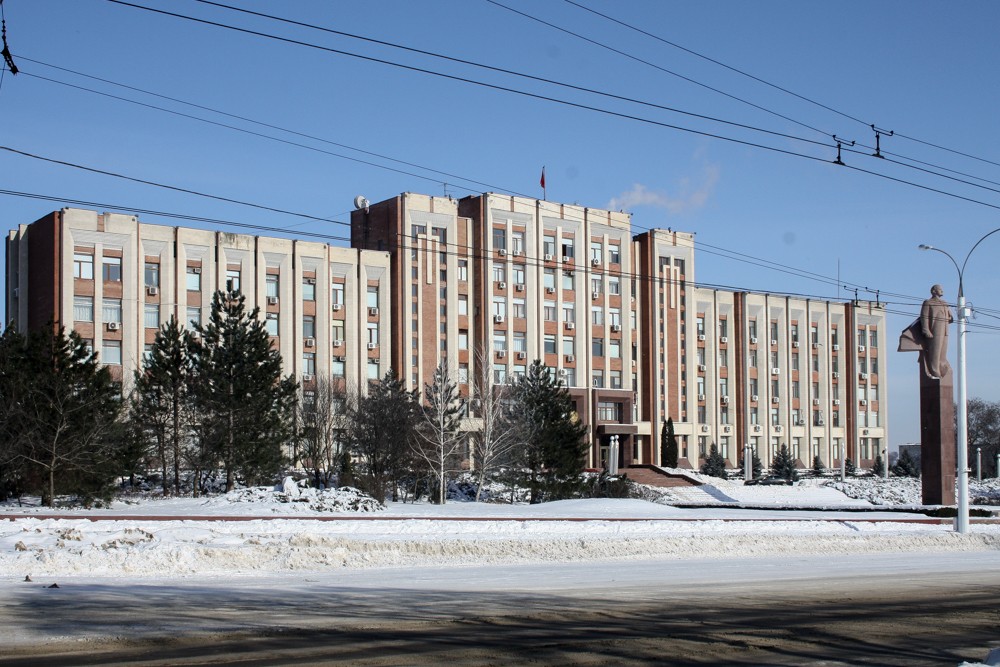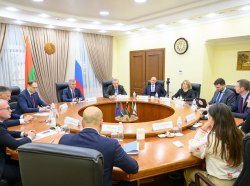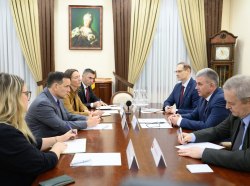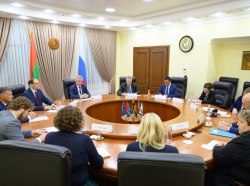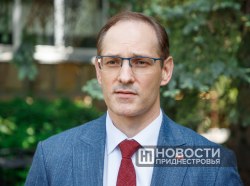Tiraspol, 17 Tiraspol. /Novosti Pridnestrovya/. The Supreme Council will start legal implementation of the presidential instructions voiced at the enlarged government meeting which took place on 11 January. As the chairman of the Supreme Council, Alexander Shcherba, said during a meeting of the parliamentary praesidium today, the corresponding letter from the president has been already received.
«Following the results of the enlarged government meeting, the president gave an instruction to elaborate a number of draft laws together with other bodies and officials," said the speaker during the praesidium meeting.
As Alexander Shcherba explained, these draft laws concern compensation for citizens' savings deposited in Sberbank, treatment abroad, civil control over public authorities, as well as other provisions from the People's Programme which he employed during the election campaign, and instructions which are not part of this programme.
Various elements touched upon in the presidential instructions will be examined by relevant committees of the parliament with the involvement of representatives of the executive authorities and the public. «Let's invite public organisations to work on these instructions, including the assembly of the first MPs, so that the people's programme that emerged in the Supreme Council could become real laws, so that every citizen could feel changes for the better," Alexander Shcherba told praesidium members.
He maintained that the number of presidential instructions addressed to the parliament is not very large, but many tasks set by Vadim Krasnoselsky require legislative regulation, thus being subject to the parliament's consideration.
The majority of praesidium members, in the meantime, underscored that prompt and efficient realisation of Vadim Krasnoselsky's People's Programme needs closer cooperation and exchange of information with ministries and agencies; besides, this cooperation should be direct and immediate, bypassing the government as a collegiate body.
The chairman of the commission on mandates, regulations and ethics, Grigory Dyachenko, was charged to consider the legal implementation of this mechanism.

